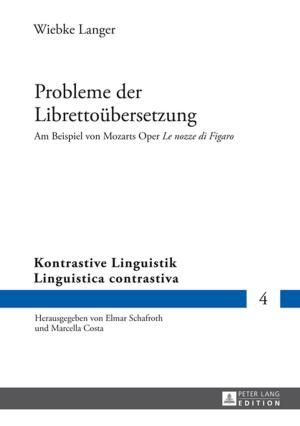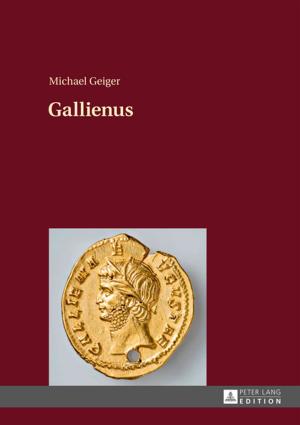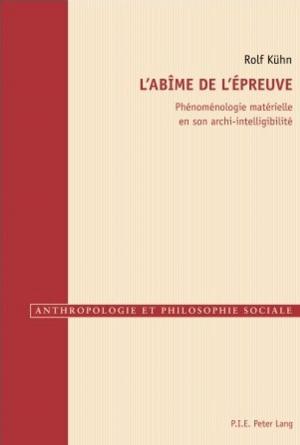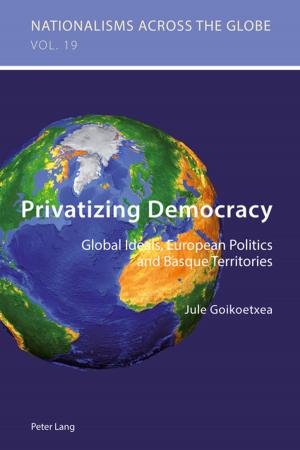Linking up the Alps
How networks of local political actors build the pan-Alpine region
Nonfiction, Science & Nature, Science, Earth Sciences, Geography, Social & Cultural Studies, Social Science, Anthropology| Author: | Cristina Del Biaggio | ISBN: | 9783035194074 |
| Publisher: | Peter Lang | Publication: | March 18, 2016 |
| Imprint: | Peter Lang AG, Internationaler Verlag der Wissenschaften | Language: | English |
| Author: | Cristina Del Biaggio |
| ISBN: | 9783035194074 |
| Publisher: | Peter Lang |
| Publication: | March 18, 2016 |
| Imprint: | Peter Lang AG, Internationaler Verlag der Wissenschaften |
| Language: | English |
The signing of the Convention on the protection of the Alps (Alpine Convention) by the Alpine States in 1991 heralded new practices and perspectives. This transnational project is intended to solve important challenges faced by the Alpine population. Convinced that the Alpine Convention should fulfil its potential, some non-governmental organizations and some active persons created networks of local political actors to connect local representatives, researchers, managers of protected areas and ecological associations. These were designed to realize a sustainable pan-Alpine region. This book endeavours to understand how and why local political actors, organized in pan-Alpine networks, chose to take mountain regions in general, and the Alps in particular, as the shared frame of reference for their involvement. It explores if and how a pan-Alpine identity detached from and/or combined with the more «traditional» national identities is developing among and enacted by local political actors engaged for the Alpine Convention. It also analyzes the socio-political significance of local political actors’ involvement in the newly constituted pan-Alpine networks.
The signing of the Convention on the protection of the Alps (Alpine Convention) by the Alpine States in 1991 heralded new practices and perspectives. This transnational project is intended to solve important challenges faced by the Alpine population. Convinced that the Alpine Convention should fulfil its potential, some non-governmental organizations and some active persons created networks of local political actors to connect local representatives, researchers, managers of protected areas and ecological associations. These were designed to realize a sustainable pan-Alpine region. This book endeavours to understand how and why local political actors, organized in pan-Alpine networks, chose to take mountain regions in general, and the Alps in particular, as the shared frame of reference for their involvement. It explores if and how a pan-Alpine identity detached from and/or combined with the more «traditional» national identities is developing among and enacted by local political actors engaged for the Alpine Convention. It also analyzes the socio-political significance of local political actors’ involvement in the newly constituted pan-Alpine networks.















